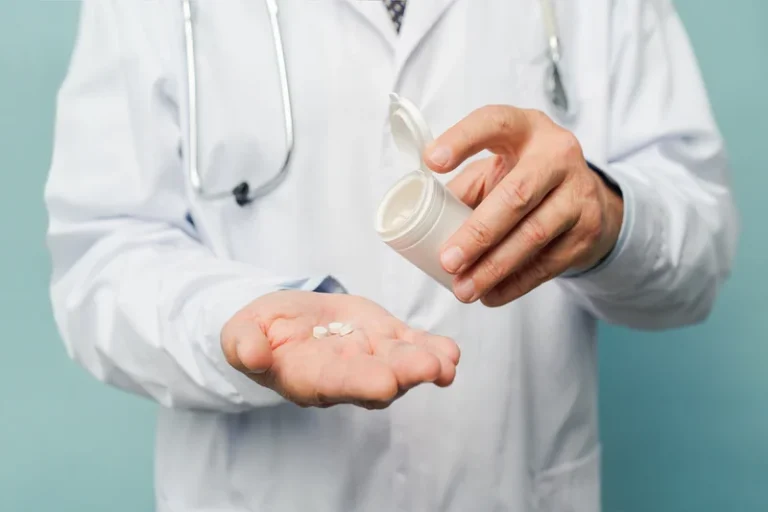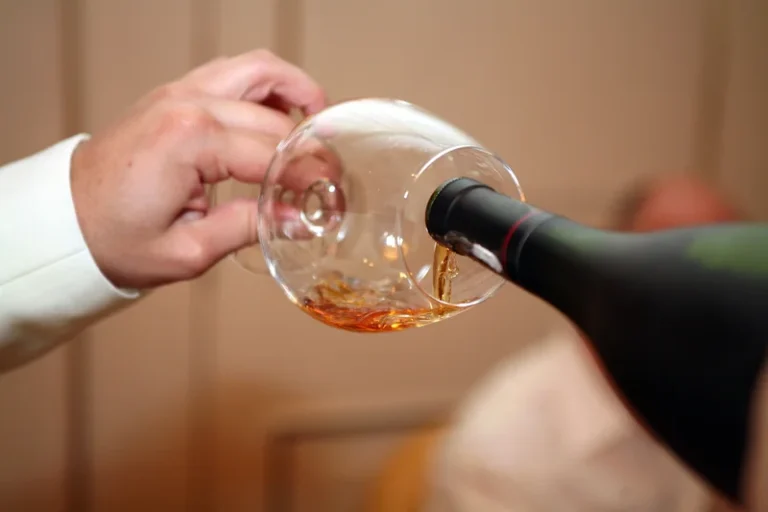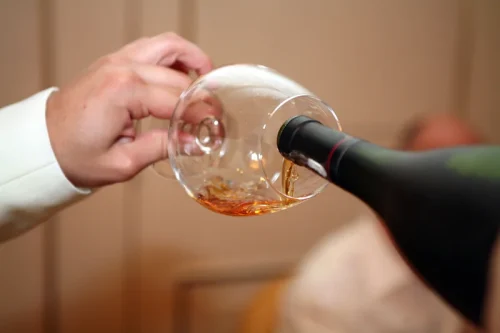
Nicotine, a substance in tobacco, is responsible for the addictive effects of smoking and other forms of tobacco use. Individuals may also become addicted to food or to activities, such as gambling, online gaming, shopping, sex, or interacting with social media. With treatment, many people manage addiction and live full, healthy lives. But recovering from substance use disorders and behavioral addictions isn’t easy. Supportive friends, family members and healthcare providers play an essential role in effective treatment as well.

Opioids

You may misuse drugs to feel good, ease stress, or avoid reality. But usually, you’re able to change your unhealthy habits or stop using altogether. Most people who develop substance use disorder do so for a combination of reasons, including genetics and environmental factors. To locate a substance abuse mental health provider, you can use a therapist-finder tool, such as the NIAA Alcohol Treatment Navigator, or contact your health insurance for a list of in-network providers.

Internet

If your health care provider prescribes a drug with the potential for addiction, use care when taking the drug and follow instructions. Examples include methylenedioxymethamphetamine, also called MDMA, ecstasy or molly, and gamma-hydroxybutyric acid, known as GHB. Other examples include ketamine and flunitrazepam or Rohypnol — a brand used outside the U.S. — also called roofie. These drugs alcohol rehab are not all in the same category, but they share some similar effects and dangers, including long-term harmful effects. As time passes, you may need larger doses of the drug to get high. As your drug use increases, you may find that it’s increasingly difficult to go without the drug.
The brain continues to develop into adulthood and undergoes dramatic changes during adolescence.
You can also visit SAMHSA’s treatment locator website, the American Addiction Centers location finder, or, if you have health insurance, call your insurance company for in-network services. For questions about medical detoxification, talk with your healthcare provider. Addiction affects millions of people each year, causing over 11 million deaths from smoking, alcohol abuse, and illegal drugs. Physical addiction appears to occur when repeated use of a drug changes the way your brain feels pleasure. The addicting drug causes physical changes to some nerve cells (neurons) in your brain.
If taking drugs makes people feel good or better, what’s the problem?
In reality, drug addiction is a complex disease, and quitting usually takes more than good intentions or a strong will. Drugs change the brain in ways that make quitting hard, even for those who want to. Fortunately, researchers know more than ever about how drugs affect the brain and have found treatments that can help people recover from drug addiction and lead productive lives. addictive drugs definition Addiction is a very complex condition with multiple episodes of reaching abstinence and falling into relapse; this is why an interprofessional team is vital in treatment. Treatment begins with the clinician’s risk factor identification and diagnosis but quickly grows to involve interprofessional teams to help the patient maintain abstinence.
- Treatment approaches tailored to each patient’s drug use patterns and any co-occurring medical, mental, and social problems can lead to continued recovery.
- Johns Hopkins Medicine currently has a sufficient sterile fluid supply to meet treatment, surgical and emergency needs.
- Substance use is not always an indication of addiction, although drug use carries numerous health and social risks in addition to the risk of addiction.
- This lifespan is related to the toxic effects of substances on multiple systems, including, but not limited to, the cardiac, respiratory, and neurological systems.
- Packages are often labeled as other products to avoid detection.
NIMH statistics pages include statistics on the prevalence, treatment, and costs of mental illness for the population of the United States. John C. Umhau, MD, MPH, CPE is board-certified in addiction medicine and preventative medicine. For over 20 years Dr. Umhau was a https://ecosoberhouse.com/ senior clinical investigator at the National Institute on Alcohol Abuse and Alcoholism of the National Institutes of Health (NIH). Therapy and medications are available to help you manage this chronic condition when you’re ready.

Explore Addiction
- You may misuse drugs to feel good, ease stress, or avoid reality.
- Addictive substances and behaviors can create a pleasurable “high” that’s physical and psychological.
- Signs and symptoms of inhalant use vary, depending on the substance.
It involves family and friends and sometimes co-workers, clergy or others who care about the person struggling with addiction. Drug addiction, also called substance use disorder, is a disease that affects a person’s brain and behavior and leads to an inability to control the use of a legal or illegal drug or medicine. Substances such as alcohol, marijuana and nicotine also are considered drugs. When you’re addicted, you may continue using the drug despite the harm it causes.